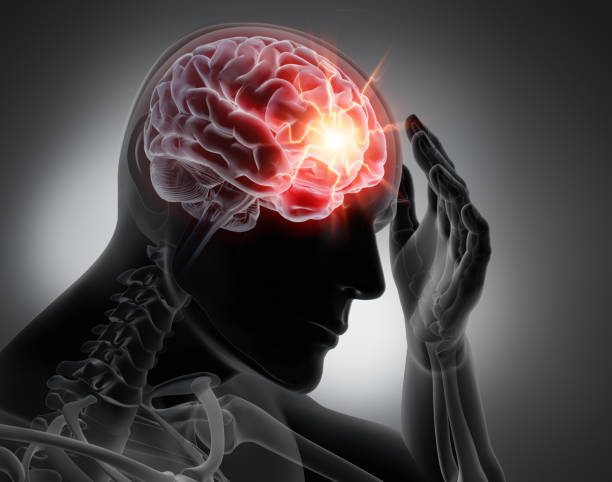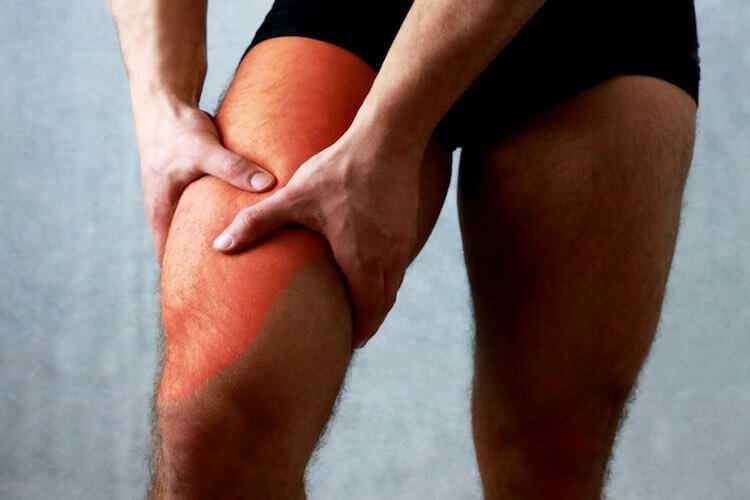How common is TMJ?
TMJ will affect roughly 33% of people sometime during their lives. Women are more likely to have TMJ than men, and it usually affects those aged 20 to 40. About one third of the population are experiencing at least one symptom of TMJ.
What causes TMJ?
- Clenching or grinding teeth, particularly at night (bruxism)
- Overuse of facial muscles
- Injury to the jaw, neck and head muscles or temporomandibular joint
- Disc displacement causing a click as the mouth opens and closes
- Poor posture
- Presence of rheumatoid arthritis or osteoarthritis in the joint
- Having an overbite or underbite
- Having missing teeth
How to treat TMJ
TMJ can be diagnosed by your Sports Focus TMJ physio, an oral maxillofacial surgeon or a dental practitioner. You may be recommended a CT scan, MRI or dental x-ray to investigate your condition further.
Get TMJ physiotherapy
If you’re unsure how to treat your TMJ, we suggest speaking to a Sports Focus TMJ physiotherapist. Together with your dentist, we can assess your condition and begin corrective treatment if appropriate. TMJ physiotherapy is very effective at treating pain, clicking or lack of motion when opening mouth, and other symptoms of TMJ. This dysfunction is easy to treat as the condition is a moving disorder that is affected by your joint and muscle control.
Contact Sports Focus Physiotherapy now to find one of our Physios that can treat your TMJ treatment.



